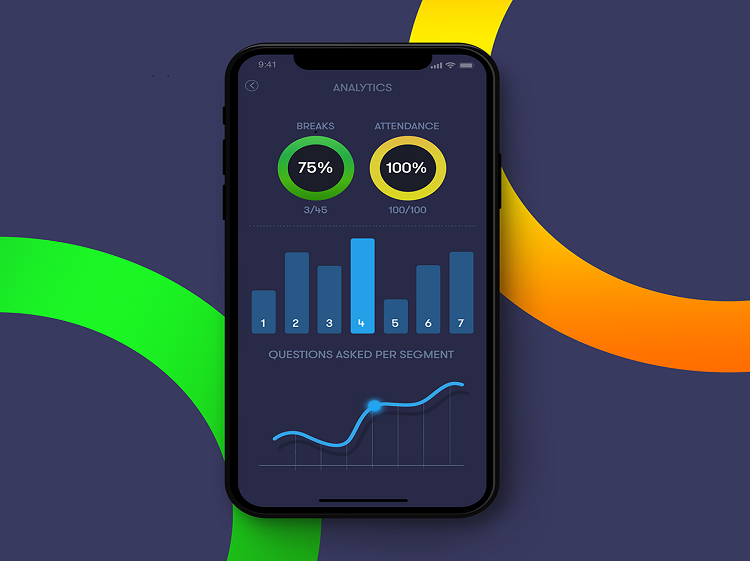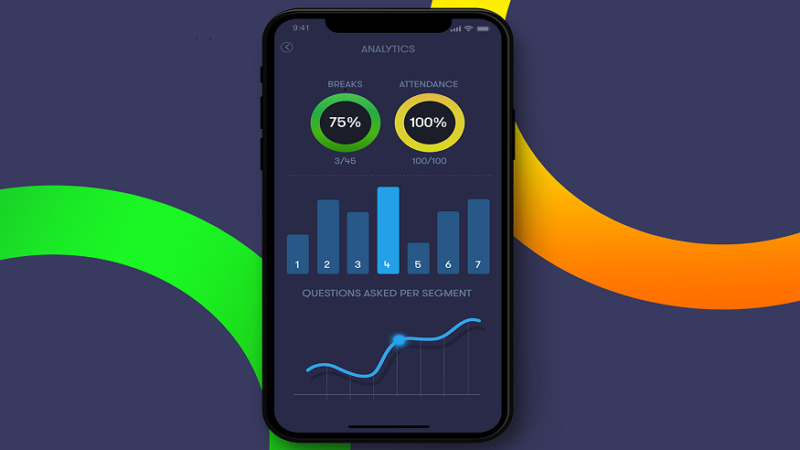It is something nobody wants to face, but determining whether part-time work is classified as full-time in California sometimes feels like navigating a maze blindfolded—and then some. For business owners trying to stay compliant or for employees seeking to understand their rights, having the necessary information can make all the difference. Having worked with dozens of California businesses on employment issues, I understand how filing these classifications can be baffling. In this guide, I aim to simplify everything so you do not make financially devastating errors.
California’s Definition of Part-Time: New Insights
Things become more interesting here—California law does not specifically define full-time and part-time work hours. Indeed, the Golden State leaves it to employers with some critical caveat guidelines:
- Usual Industry Standard: Most employers consider 30–39 hours weekly as part-time.
- Full-Time Threshold: Usually 40+ hours (but not legally defined).
- ACA Considerations: The Affordable Care Act defines full-time as 30+ hours weekly, and tools like the Controlio software can help track these hours to ensure compliance.
A Real-Life Example: A San Diego boutique owner learned this the hard way when she received ACA penalty notices for stylists categorized as part-time at her salon, expecting them to remain below the full-time threshold.
Primary Related California Laws Impacting Part-Timers
- Minimum Wage Standards
- Equally payable for full- or part-timers.
- $16/hour (2024) for most employers.
- Overtime Policy
- Weekly overtime after 40 hours.
- Meal, Rest, and Breaks Guidelines
Provides uninterrupted duty-free breaks:- Meal break: A 30-minute unpaid meal break for shifts over 5 hours.
- Paid rest break: A 10-minute rest pause for every four hours worked, earned and unearned.
- Must remain completely undisturbed throughout the duration of breaks without being burdened with duties.
The Hidden Repercussions of Wrongfully Classifying an Employee’s Status
Getting part-time categorizations wrong can lead to
claims of unpaid overtime payments,
filing complaints with the labor commission,
morale issues among employees.
Smart Employer Scheduling Techniques
- Develop Employee Handbooks and Compliance Documentation
Define part-time vs. full-time positions and describe them step-by-step in employee documents. - Employ Appropriate Methods
Tools such as the Controlio app can:- Track hours automatically
- Provide notifications at defined limits (e.g., nearing 40 hours worked)
- Generate compliance reports
- Train Managers
Make sure they grasp- Break intervals
- Overtime compensation mechanisms
Employee Rights You Should Know
As a part-time worker, you are entitled to
✔ being paid the same hourly wage as full-timers in comparable positions.
✔ Protection from retaliatory actions for asserting rights
Part-time workers can also receive equal access to some other benefits, depending on the employer.
Special Considerations for Businesses Located in California
- On-Call Time
Must be paid if the employee is not able to use time freely during that period. - Split Shifts
Require additional compensation, including one hour at minimum wage. - Reporting Time Payment
If an employee shows up for their scheduled shift but goes home unused, they will be compensated at half-time (minimum two and maximum four hours).
How to Prevent Headaches Using Technology
The retail shop owner I mentioned? She adopted the Controlio tool, and as a result:
- Her scheduling errors decreased by 75%.
- Break compliance monitoring was automated.
- First-year savings of $12,000 in potential penalties.
California’s Evolving Part-Time Employment Landscape
New developments to keep an eye on:
- Predictive scheduling laws are being passed in more cities.
- A rise in hybrid part-time positions.
- Increased competitive perk offerings for part-time employees.










